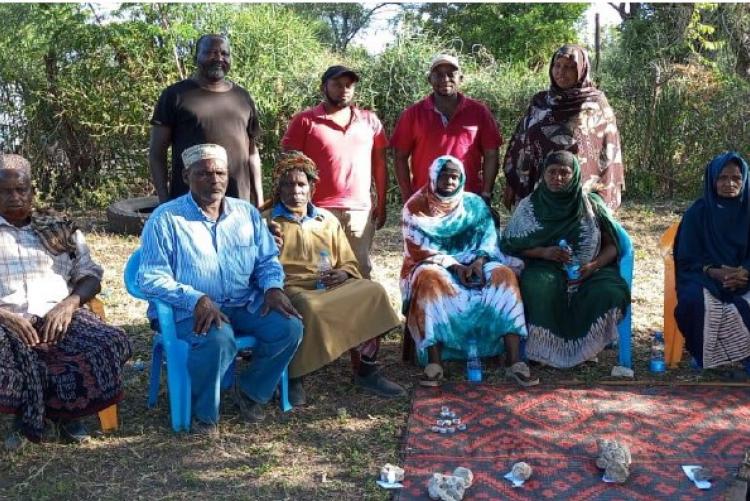The use of participatory approaches and methods in research, development, and humanitarian work has evolved in framing and content. Different terminologies have been used over time – Rapid Rural Appraisal (RRA), Participatory Rural Appraisal (PRA), Participatory Learning and Action (PLA), Participatory Appraisal (PA), and in the recent, the application of PA methods in animal health services and research dubbed as Participatory Epidemiology (PE). While all these approaches and the associated methods recognize that local/rural people possess strong indigenous knowledge which is an intellectual resource that can contribute to describing and analyzing problems and identifying solutions, PE approach and methods are unique in the sense that they produce more quantitative data sets that can be analyzed using conventional statistics, and their outputs have been published in peer-reviewed papers and postgraduate dissertations following a rigorous process of proving their reliability and validity.
Due to their systematic nature, PE methods have been adapted to studies in other disciplines and sectors such as livestock marketing, human nutrition, project impact assessments, conflict analysis, disaster risk management and early warning, COVID-19 impact assessments, and assessment of income generating groups. However, accounts of their application in rangeland resource assessments and monitoring are relatively scarce. The on-going research study in Kinna Ward, Isiolo County of Kenya explores the systematic adaptation of PE methods to monitor rangeland resources.
Prof. Oliver Vivian Wasonga, Dr. Raphael Lotira Arasio (Adjunct Lecturer) and Erick Omollo (PhD student) from the Department of LARMAT conducted demonstration sessions on the adapted participatory epidemiology approach and methods in the study area from July 3-6, 2023. This exercise proceeded an exploratory study by the PhD student as part of his research on the “communities’ perspectives on grass species availability and diversity and the associated factors”.
- Log in to post comments

